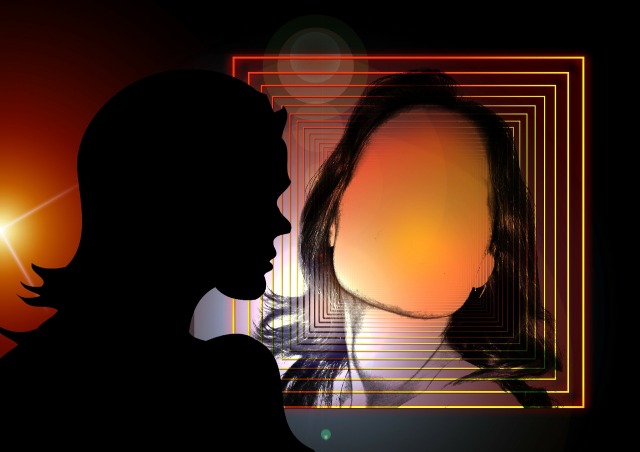
Mental Illness
There is a high probability that the person you met today, Is mentally ill or suffering from mental disorders. Perhaps in the park, on the street, on the bus, in a restaurant or at work. Have you noticed any difference between that person and yourself? Probably not.
I encourage you to do a short trip around the world in which a person works with a diagnosis of mental illness. This article explains the basic concepts related to health and mental illness.
Raises the question of public perception of people suffering from mental illness, and also looks at the concepts of stigma and labeling of the mentally ill in the community. The purpose of the article is to encourage you to reflect on your own attitude towards people with a diagnosis of mental illness.
Mental health and normality. Psychiatric disorders and mental illness
For many of us, health is one of the highest values. They are defined as well-being, physical and social development. Mentally healthy person has, interalia, high quality of life, the ability to self-realization, decision-making, independence.
Mental health can be understood as the process of achieving their full potential and to respond adequately to the daily challenges. With the concept of mental health is related to the concept of normality, and the concept of mental disorder and mental illness, abnormality. We often wonder if what we feel and are experiencing is normal. We can then refer to the criteria of abnormality. It is assumed that they are:
• Suffering – that person clearly suffers from their problems
• unsuitable – he or she runs the risk of negative social evaluation
• Irrationality – the person’s behavior is illogical and unreasonable
• The unpredictability and lack of control
• Rarity and unconventionality
• Discomfort observer – watching the behavior of such people feel insecure, uncomfortable
• Violation of social norms (Seligmann, Rosenhan, 2003).
However, the fact that a person meets some of these criteria will not necessarily mean the abnormality. For example, in a social group who behaved eccentrically, drawing attention to their behavior or dress is considered to be abnormal, and the other – for the artistic soul. We can not say that it is insane homeless person, even though it meets most of these criteria. Keep in mind also that the assessment of normality is often subjective. It is affected by our personal experiences, opinions, prejudices and stereotypes.
Mental disorder
This concept is broadly defined as any abnormal mental functioning efficiently. For mental disorders include, among others: depression, anxiety disorders, eating disorders, stress-related disorders, sexual disorders, personality disorders. However, the concept of mental illness, psychotic disorder meant that seriously impair the patient’s contact with reality.
The sick person has trouble distinguishing the internal from the external world, He Has delusions and hallucinations. The patient may also suffer from major mood swings, have difficulty in coping with emotions, it can isolate itself from the environment and stop communication. For mental illnesses include schizophrenia, mania, depression with delusions, paranoia, halucynozę alcoholism, delirium.
However, it should be noted that in today’s psychiatric and psychological diagnosis does not use the expression “mental illness”, because of its negative connotation and stigmatizing nature. The distinction between mental health and mental illness, however, operates in the Act on the Protection of mental health. The article also made this distinction, only to highlight the problem of negative reception of persons suffering from serious mental disorders that require psychiatric intervention.
The prospect of people with a diagnosis of mental illness
World mentally ill person is marked by fear, chaos, instability and a sense of emptiness. It can tear a person healthy unimaginable grief and terror. People suffering from mental illness exist in the same world as we do. They can, however, be much more sensitive, without natural defenses, and thus more vulnerable to social suffering.
Such a person (especially during exacerbation of symptoms) can be sensitive to how it is perceived by their relatives, friends and the wider world. It may already feel bad when someone completely unintentionally made crooked in turn, did not hear what she said. This high sensitivity is also a kind of social expectation – expectation of acceptance, understanding and support, and above all the expectation of the right to recover health.
The result is often a loss of developing self-confidence and self-esteem on the personal, social and professional. Allowing a person with a diagnosis of mental illness return to “healthy”, “normal” society is challenging and at the same time associated with constructing new ways of looking at the possibilities.
For Great Information On Depression Click Here